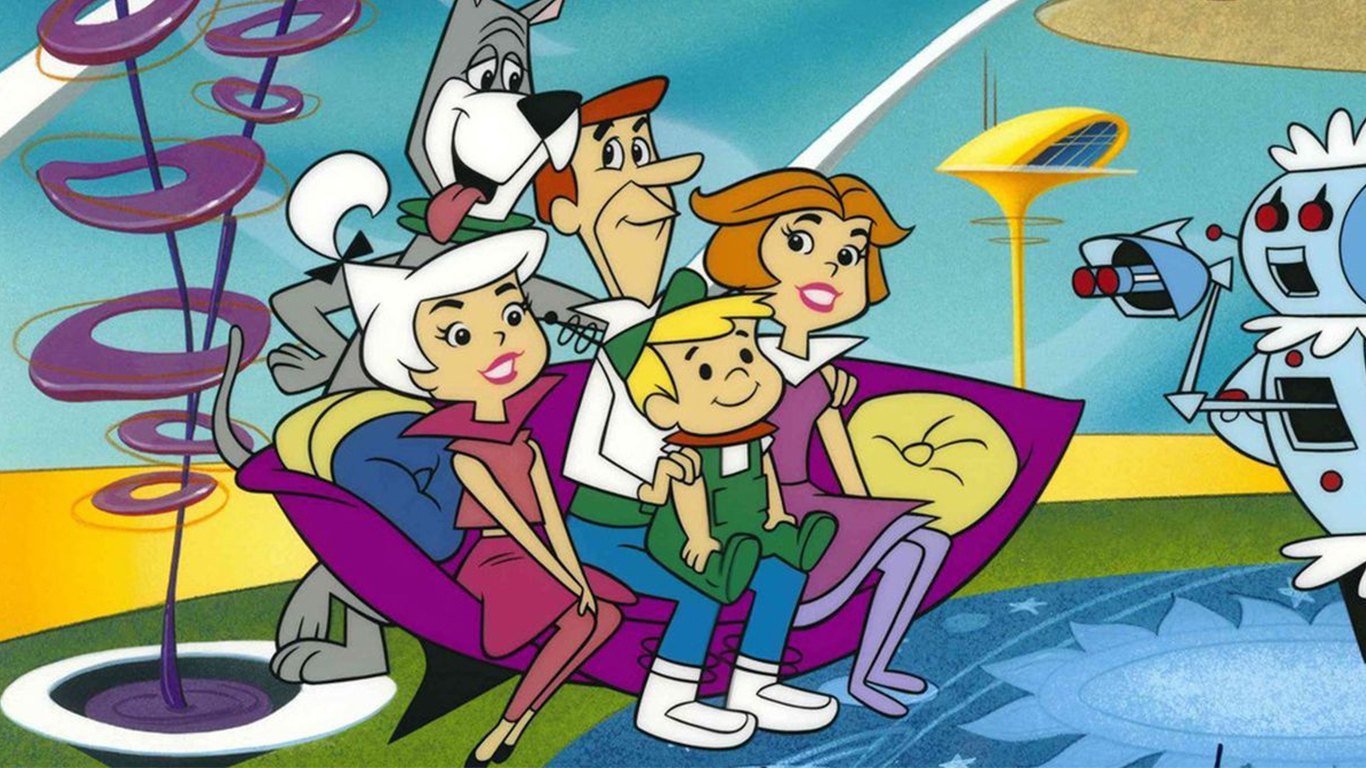
Imagine an electronic assistant who replies to emails for you while you are in a meeting. Or instead of spending hours creating reports in Excel and branded presentations in PowerPoint, you issue a single voice command, and it’s done – in seconds.
These ideas aren’t the future dreams of Redmond tech giant Microsoft. They’re possible today.
Companies may welcome the added productivity and efficiency, but are you ready to give up control and let AI take over?
Microsoft Announces 365 Copilot
In June 2021, long before anyone knew about ChatGPT, GitHub, a Microsoft-owned code repository service, quietly announced GitHub Copilot. This GPT-3 AI-powered assistant could write code from natural language prompts.
Users were impressed with Github Copilot’s ability to write logical code from user prompts in natural language in over a dozen programming languages. Developers trained the AI on GitHub’s vast stores of open-source code.
Almost 18 months later, ChatGPT was released in November 2022 and quickly rose to become the fastest-adopted technology of all time, surpassing 100 million users in just two months.
Despite its popularity, questions remained about how users would use the large language model. Microsoft has finally come up with an answer – Copilot 365.
What Can Copilot 365 Do?
Remember Clippy? Microsoft Office’s helper embedded in old versions of Word and Excel? Now imagine Clippy matured and turned into a faceless, omnipresent AI that could help you write, design and brainstorm. That’s Copilot 365.
Copilot 365 is a new kind of assistant. It’s available in all the apps you already use.
- Word
- Excel
- Powerpoint
- Outlook
- Teams
- Dynamics AX
But Copilot 365 isn’t just ChatGPT inside your office applications. It’s customized to you. So, for example, if you’re a sales manager, it knows which products you sell and who your customers are.
When Copilot 365 writes a first draft of a report for you, it can include specific details to make it individually relevant for you. How does it do this? Copilot 365 accesses your files, emails, and contact lists to learn what is important to you.
It can:
- Create a first draft in Word
- Create a presentation in Powerpoint
- Analyze data and create visual representations
- Help with Excel formulas
- Help with tech issues
Are Users Ready for Copilot 365?
The overwhelming popularity of ChatGPT has signaled to Microsoft that the world is ready for AI and understands its potential. The creators of the most popular desktop operating system and office suite have responded by embedding the AI language model into its core applications. But should we be so quick to hand over control of our data and work lives to this AI-powered assistant?
Other software developers, such as the Obsidian sync plugin, have offered ChatGPT integration as optional.
When Google announced Bard, its ChatGPT competitor, users quickly noticed the mistakes and factual errors that dotted its answers. OpenAI’s ChatGPT suffers from the same problem of “Hallucination,” a new term to describe a bug where an AI confidently tells you facts that aren’t true.
Hallucination may not be a huge problem if you ask for a shopping list with everything you need to make a three-course meal – you’ll just have to get creative in the kitchen that night. But when it tells you wrong information about your clients or tells your team to join you for a meeting that was never scheduled, people and companies will get upset quickly.
While the time-saving and brainstorming abilities of the model are incredible, in the back of your mind, will you constantly be second-guessing its suggestions?
Are We Destined to Be AI Managers? Or Is There Another Way?
When you give the machine full reign of your data and contact list and use it to create new ideas, how much work is left for you to do? Is there space left in Microsoft’s AI-powered world for humans? When Copilot thinks and implements the ideas, will employees be there simply to enable it? Will the offices of the future be filled with AI managers?
The three main competitors to Microsoft Office are Google Workspace, Apple iWork, and LibreOffice. So if you want an alternative vision of the future, these are your options.
Google Workspace
Google is offering a scaled-back alternative to Copilot within its office suite. You can use it to quickly fill a blank page with a first draft or help you with brainstorming and ideation, but in Google’s AI vision, the user is still firmly in the driving seat.
Google’s announcement had no mention of the AI gaining access to your files, data, or contact list, so while its suggestions may be less tailored to you, you maintain control.
Apple iWork
Apple is yet to enter the new large language model AI race. Siri, the Apple virtual assistant available across Apple devices, is limited compared to the new generation AIs such as Bard and ChatGPT. Whether Apple will throw its hat into the ring remains to be seen.
The iWork suite offers a different vision of the future than Microsoft Office, where the user remains firmly in control.
LibreOffice
LibreOffice is a free and open-source office suite of applications offering word processing, spreadsheets presentation, and graphic documents. It’s most popular among users of the Linux desktop but is also available on Windows and macOS.
There are no public plans to integrate AI into any of LibreOffice’s applications. So if you want to keep the robots out of your office and away from your information, LibreOffice may be the choice for you.
This article was produced by Face Dragons and syndicated by Wealth of Geeks.
Thank you for reading! Have some feedback for us?
Contact the 24/7 Wall St. editorial team.





